Born in 1870 to the landed Aristocracy of the Punjab, Umrao Singh Sher-Gil of Majitha opted for a more contemplative life than his class had destined for him. He was a Sanskrit and Persian scholar and interested in the philosophy of religion. He had a long-standing friendship with the poet Mohammed Iqbal and greatly admired Leo Tolstoy, the Russian humanist. He was fascinated by astronomy, loved carpentry and calligraphy, practised Yoga, and had an abiding passion for photography. Umrao Singh’s political sympathies lay with the anti-colonial freedom movement in India. With the discovery by British intelligence of his links with the revolutionary Gaddar Party, however, he was debarred from active politics and most of his lands were confiscated. He went on to fashion a universe around his scholarly inclinations and the felicities of family life – and his camera was there to record it. A large part of this record is made up of self-portraits, which reveal a highly self-conscious auteur-photographer imaging his body, his subjectivity and his melancholy. The remarkable photographs that Umrao Singh took over sixty years, beginning 1889, include autochromes (almost unknown in India then) and stereographic photographs. It was after he married (for a second time) Marie Antoinette Gottesmann-Baktay, a Hungarian opera singer, in 1912, that the family album began to assume the proportions of an archive. The couple left Lahore for Budapest soon after their marriage, and their daughters, Amrita and Indira, were born there. World War I forced them to stay on in Hungary till 1921, when they returned to India and set up home in Simla. By then photography had become second nature to Umrao Singh. He was curious about the latest inventions and consulted manuals; yet, strangely, there is little mention of photography in his letters and documents. The Sher-Gils left for Europe again in 1929 as Marie Antoinette wanted her daughters to train in the arts in Paris; they returned to India for good in 1934. Umrao Singh died in 1954. His photographic archive constitutes a legacy that highlights the role of personal agency in the construction of a modern subject. The hundreds of photographs he took from an extraordinary record of the life-world of an Indo-European family, and are a valuable document in the archives of modernity. He deserves to be seen as a pioneering figure of Indian photography.

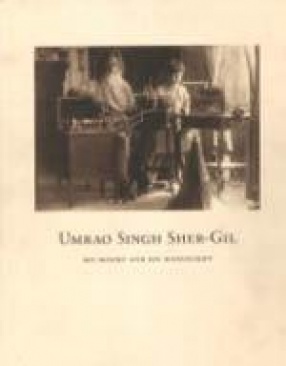
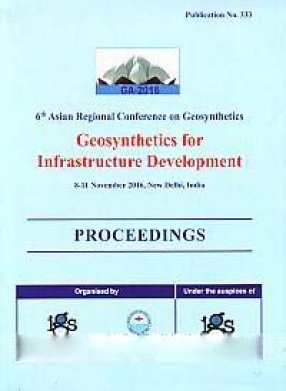
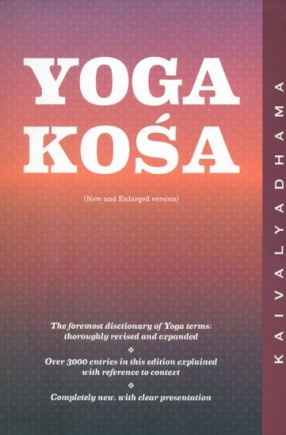
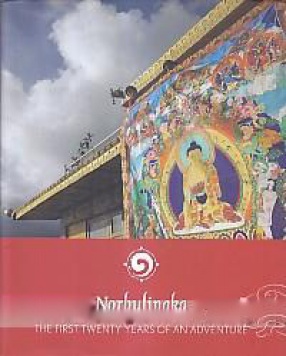
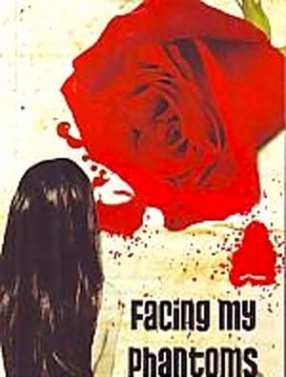

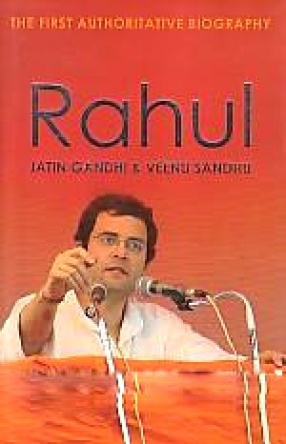
There are no reviews yet.